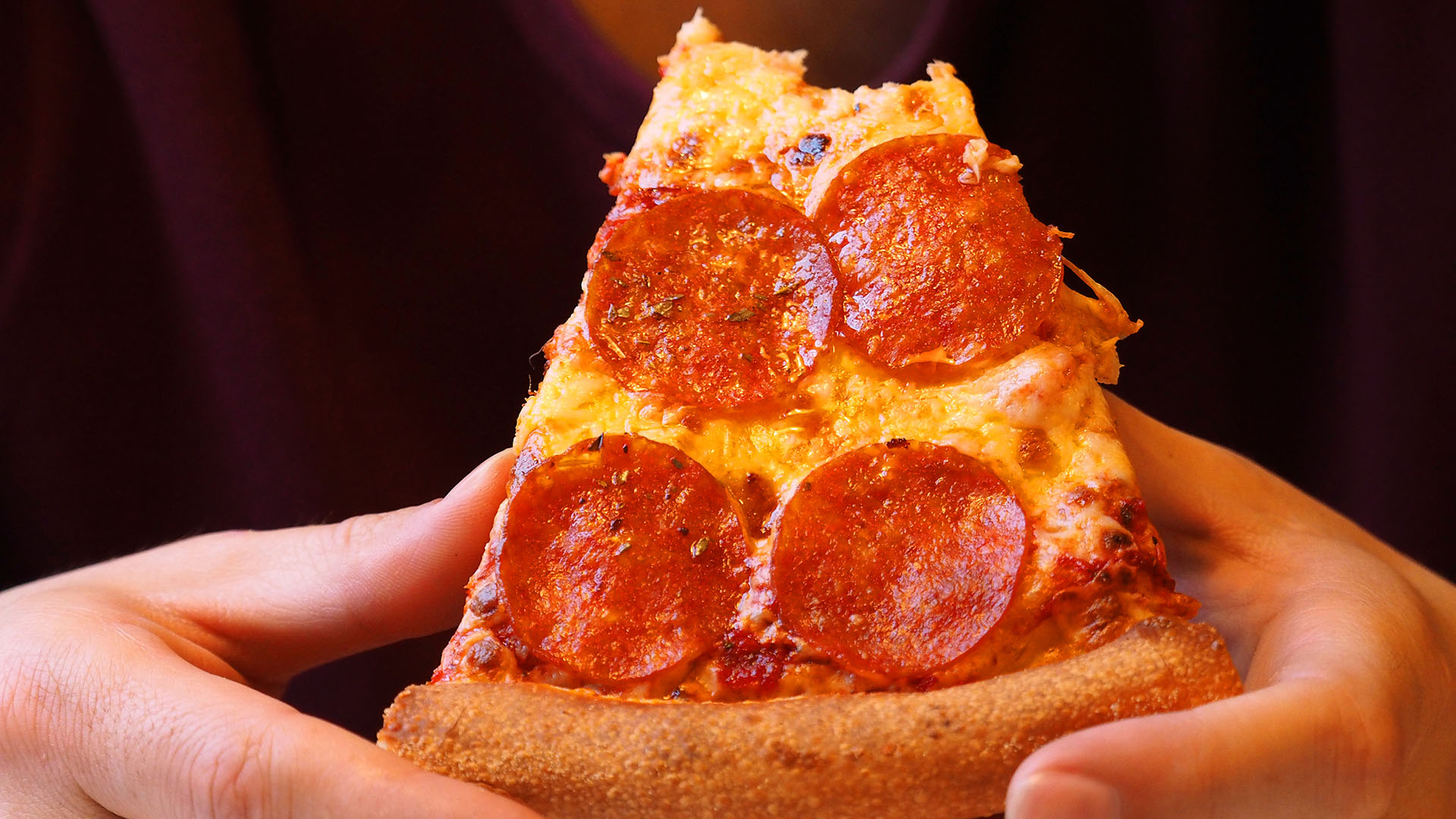Food Is Too Tasty Now
We now know that humans' cravings for salty, processed, sugar-packed foods aren't merely a failure of willpower, they're a result of how junk food messes with our brain chemistry. Scientists from the University Of Kansas have recently published research in the journal Obesity that attempts to define those foods under the term "hyper-palatability." While hyper-palatability has been used for years in relation to foods, this paper is the first to provide a concrete definition.
In a press release, the researchers note that hyper-palatable foods are designed to make us eat more of them than we intend to. Basically, their combination of ingredients is so tasty that our conscious efforts to stop eating are thwarted by whatever part of our lizard brain wants two more handful of chips. In more scientific terms, hyper-palatable foods are those in which "the synergy between key ingredients in a food creates an artificially enhanced palatability experience that is greater than any key ingredient would produce alone."
The researchers found that combinations of certain types of ingredients create hyper-palatability: combinations of fat and sodium (hot dogs, bacon); combinations of fat and simple sugars (cake, ice cream, brownies); and combinations of carbohydrates and sodium (pretzels, popcorn). Researchers assigned quantitative values to those ingredients, then analyzed 7,757 food items in the U.S. Department of Agriculture's Food and Nutrient Database for Dietary Studies. Their findings: 62% of foods in the database met the definition of hyper-palatability, including 49% of all items labeled as "low/reduced/no sugar, fat, sodium, and/or sugar." That's right: Half of the seemingly better-for-you foods out there are still designed to make us overeat.
Lead researcher Tera Fazzino says the definition of hyper-palatability could change the way we approach nutrition and diets. Rather than cutting out all desserts or all chips, for example, consumers might only need to avoid those that meet the nutritional definition of hyper-palatability. "We need more evidence—but eventually if research begins to support that these foods may be particularly problematic for society, I think that could warrant something like a food label saying 'this is hyperpalatable,'" Fazzino said in the press release.
The concept is worth exploring as the foods we're offered are more potentially addictive than ever. There's truth to the cliché that no one can eat less than the entire sleeve of Oreos—they're designed for that.
